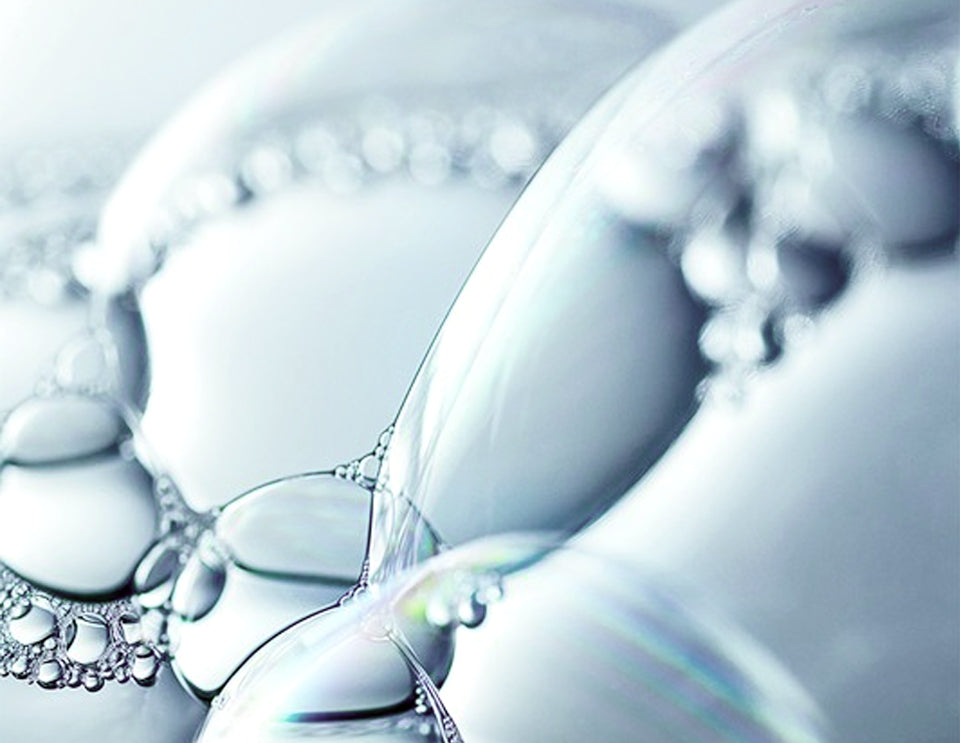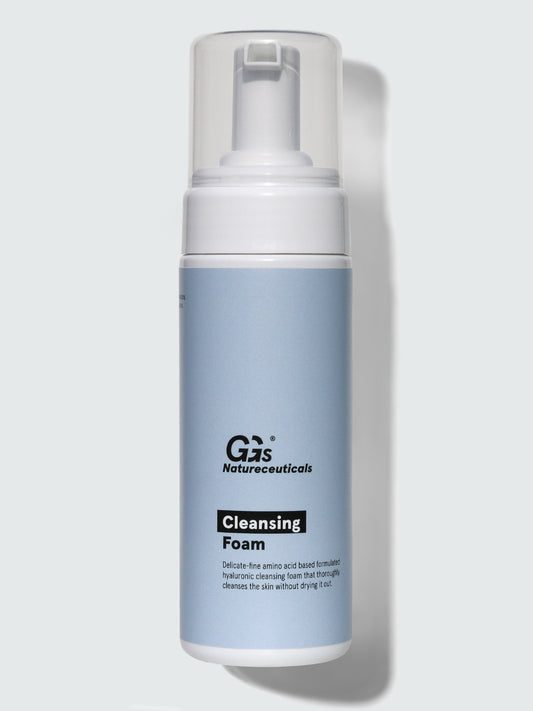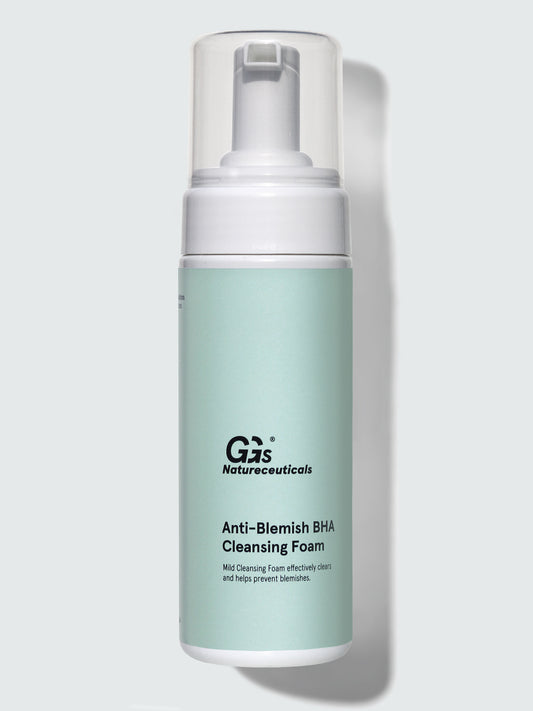Ever heard of surfactants? Surfactants are cleansing agents found in many skincare products. They are molecules consisting of a hydrophilic (water-loving) and a lipophilic (fat-loving) component. These properties allow surfactants to emulsify water and oil, thereby removing dirt and sebum from the skin. Without surfactants, thorough skin cleansing would be hardly possible.
A new generation of surfactants are amino acid-based surfactants, also known as detergent amino acids.
After making a big splash in Asia, they seem to be gaining popularity in Europe too. However, they often go unnoticed in the background.
When it comes to skincare, cleansing plays a crucial role. It's important to choose a cleansing solution that's not only effective but also gentle on the skin. Conventional, sulfate-containing surfactants, such as Sodium Lauryl Sulfate (SLS), Sodium Laureth Sulfate (SLES), Sodium Cetearyl Sulfate, or Sodium Coco Sulfate, can lead to skin irritation and dryness. This is where amino acid-based surfactants come in.
What are Amino Acid-Based Surfactants?
Amino Acid Surfactants (AAS) are biodegradable and biocompatible surfactants obtained by condensing natural amino acids with fatty acids. This highly biodegradable and environmentally friendly product is gentle and mild even for the most sensitive and delicate skin, making it a better alternative to various other surfactants that can either be harmful or too chemically intense for certain skin types.
What's the Difference Between Amino Acid-Based Surfactants and Conventional Surfactants?
Conventional surfactants, often synthesized from petrochemical raw materials, can severely dry out the skin, disrupt the skin barrier, and cause irritation. They remove not only dirt and grease from the skin but also the natural lipids that protect the skin from moisture loss.
On the other hand, amino acid-based surfactants are derived from natural plant sources and have a gentle and skin-friendly effect. They are also biodegradable, making them more environmentally friendly.
What Makes Amino Acid Surfactants So Exciting for Facial Cleansing?
Amino acid surfactants have an especially mild and gentle cleansing effect, making them ideal for sensitive facial skin. They also maintain a skin-friendly pH level and do not disrupt the skin barrier as strongly as conventional, sulfate-containing surfactants. Additionally, they can provide moisturizing effects and keep the skin supple.
Amino Acid-Based Surfactants: How We Use Them at GGs Natureceuticals
- In combination with BHA (Salicylic Acid) – for skin prone to mild acne, oily skin, dull skin, skin prone to redness:
The combination of amino acid-based surfactants with salicylic acid is ideal for achieving deeper cleansing while removing dead skin cells. Salicylic acid, a beta-hydroxy acid, can penetrate deeper into the pores to dissolve blockages and impurities. Therefore, the combination of amino acid-based surfactants and salicylic acid is perfect for people with acne-prone or oily skin, dull skin, or skin prone to redness.
-
In combination with Hyaluronic Acid – suitable for all skin types, including sensitive skin:
On the other hand, combining amino acid-based surfactants with hyaluronic acid offers the benefit of moisturizing and hydrating effects. Hyaluronic acid is an effective moisturizer capable of retaining moisture in the skin, thus making the skin soft and supple. Hence, the combination of amino acid-based surfactants and hyaluronic acid is suitable for all skin types, even sensitive skin.
Why is it Important to Use Skin Cleansing Products with Mild Surfactants?
- Surfactants can impair the ability of skin proteins to bind and retain moisture, leading to skin dehydration.
- Surfactants can remove the skin's natural lipids from the epidermis, thereby impairing the skin's barrier function.
- A damaged skin barrier increases the risk of infections, as bacteria and dirt can penetrate more easily.
- Unprotected skin with a damaged barrier leads to increased production of free radicals, which can destroy the elastin fibers and collagen in the skin, causing premature skin aging.
- Dry skin, where continuous destruction of elastin and collagen progresses, will age prematurely.
Therefore, gentle cleansing equates to anti-aging. Harsh cleansing promotes premature skin aging. Overall, it's crucial that we treat our skin with mild cleansing solutions to maintain a healthy skin barrier and a youthful appearance. Amino acid-based surfactants are a great alternative to conventional surfactants as they are gentle, skin-friendly, and environmentally friendly. By choosing products based on amino acid surfactants, we can effectively cleanse our skin while preserving its natural protective layer.




